A patient is admitted with a broken hip from fall and long lie, or even a worn down knee joint, what decides whether they receive the appropriate prosthetic joint replacement surgery? Ultimately, there are professional and ethical obligations to act in the best interests of the patient, but with the NHS suffering from a multitude of economic, political, and social problems that increase the need to be selective in this decision making process, where do surgeons draw the line?
:max_bytes(150000):strip_icc()/senior-woman-with-heart-attack-and-headache-fall-down-at-home-1183594716-b5da91d0fe9b45638d546820fafe8d13.jpg)
The pillars of consideration to providing this surgery involve: beneficence, assessing whether patient’s lives will get better through surgery; non-maleficence, assessing whether risks and potential complications of surgery are worth it (in both short and long term rehabilitation); autonomy, allowing patients evaluation on the most appropriate treatment including informed consent, ensuring patients are comprehensively aware of all courses of treatment and associated risks and benefits; professionalism, in adhering to the highest standards of practise; justice, providing equitable distribution and access to resources regardless of their demographic.

Working in trauma and orthopaedics, I often consider whether prosthetic joint replacement is beneficial in the context of neurodegenerative disorders. I have had difficulty in assisting patients that undergo, for instance, hip replacement and day one post-operatively forget they have undergone the surgery. This can involve mobilising prematurely, potentially jeopardizing the integrity of treatment they have received by dislocating or loosening the implant, delaying the healing process, increasing infection or thromboembolic risks, advertently causing more pain and discomfort. This occurs regularly and can be problematic, with excessive treatment and only DOLS (deprivation of liberty safeguards) to prevent postoperative complications. This can traumatise patients who aren’t aware of their circumstances leading to feeling of emotional discomfort, isolation, and lashing out against those trying to help them.
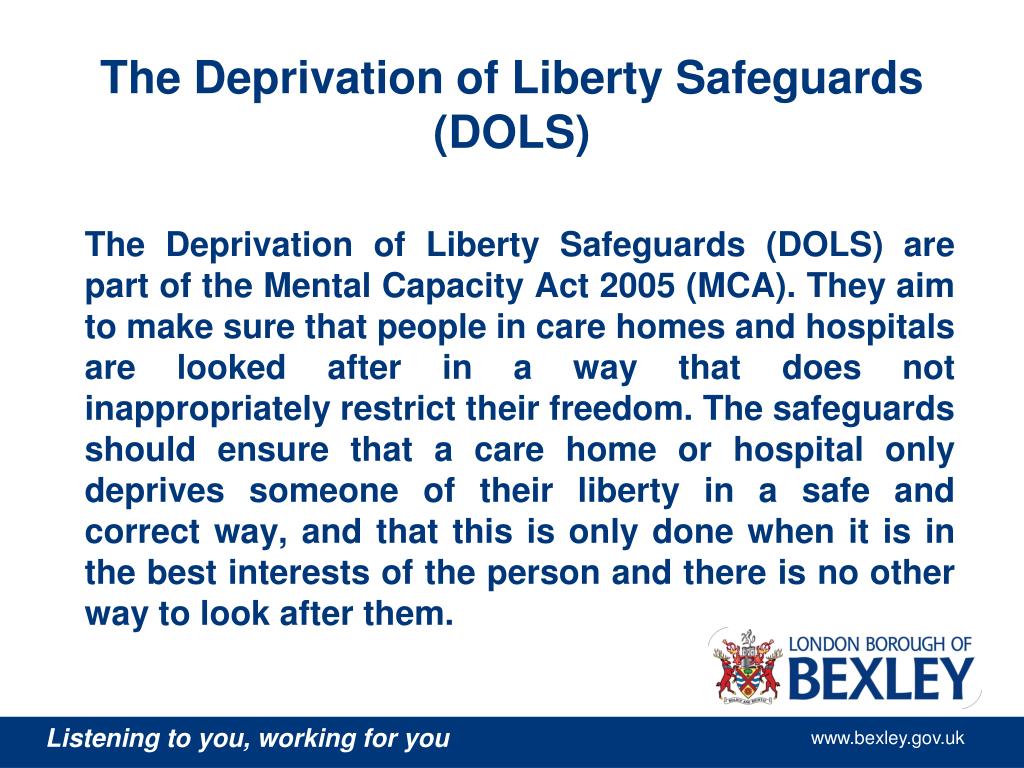
https://www.ncbi.nlm.nih.gov/pmc/articles/PMC9619389/ – find here a comprehensive pubmed publication into the impact of parkinsons disease on the outcomes of total knee replacement
Despite obligations to provide every patient treatment without discrimination, even with ability to use longer term implants like metal on plastic for patients that expect to benefit from the replacement more (those more mobile) compared to shorter term ceramic prosthetics, how far is the surgery beneficial at all considering the cost and compounding factors to those that will not fully understand or appreciate their treatment and could potentially put it in jeopardy?
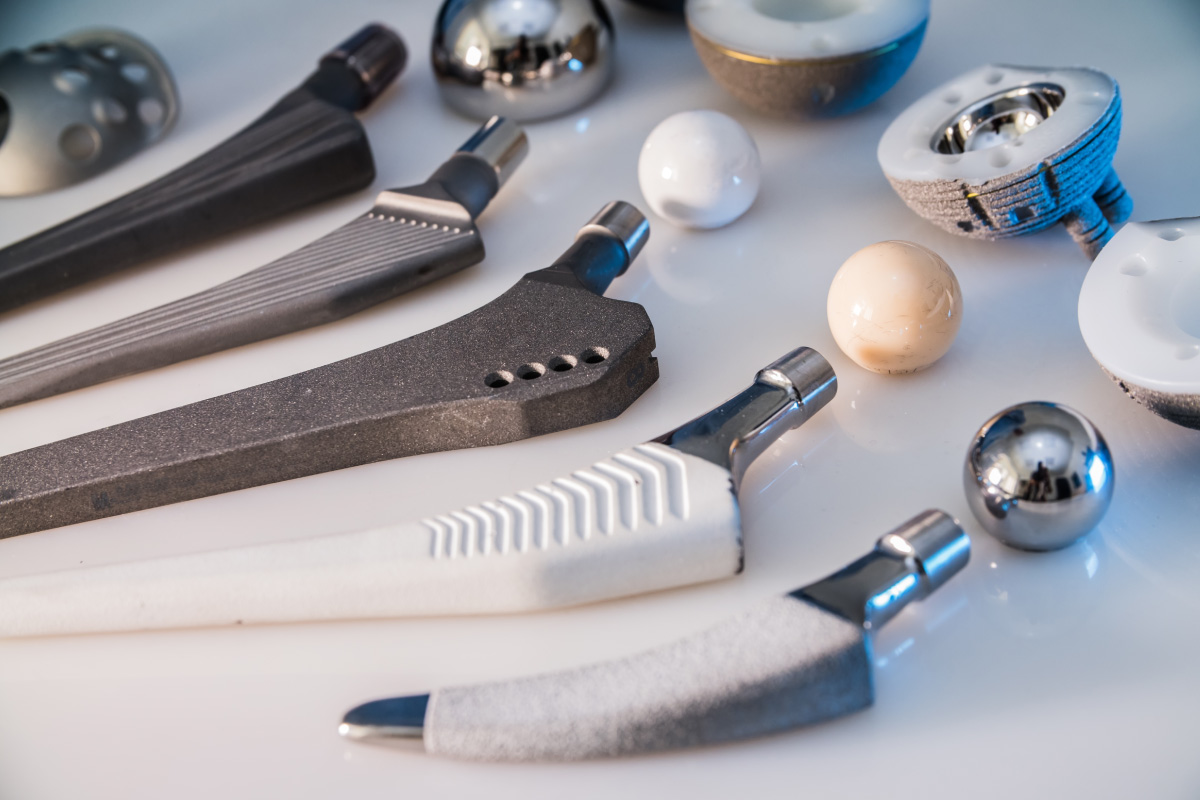
https://ebjproliancesurgeons.com/blog/understanding-the-different-types-of-hip-implants/ – find here criteria and description for different joint prosthetic media
Could investment for those with neurodegenerative disorder be better spent on research that can prevent higher incidence of falls, reducing the need for surgery at the source? Could it be better invested in mitigating incidence of falls in care by providing more effective infrastructure in place for this? Could investment be better spent elsewhere where the NHS falls behind for those that may truly understand and appreciate their treatment? This decision operates on a fine line and operates on the boundary of what is ethically right.
Ultimately, I have learnt that our obligations to everyone regardless of their demographic or cognitive state are considered equal. Besides, are we not obliged to those suffering from neurodegenerative disorder that were part of the generation that built and paid for the NHS throughout their lives? However, paradoxically, I would consider higher selectivity in providing such surgical treatments as i believe it could be more beneficial elsewhere in patient outcomes and development would lead to better future outcomes for these patients.
https://jamanetwork.com/journals/jamainternalmedicine/fullarticle/414360 – find here a comprehensive study into decision making, procedure, and outcomes of joint surgery in elderly patients with osteoarthritis
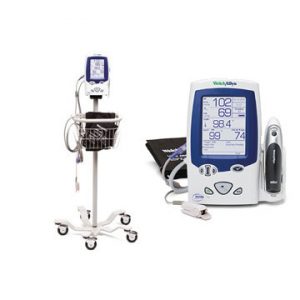
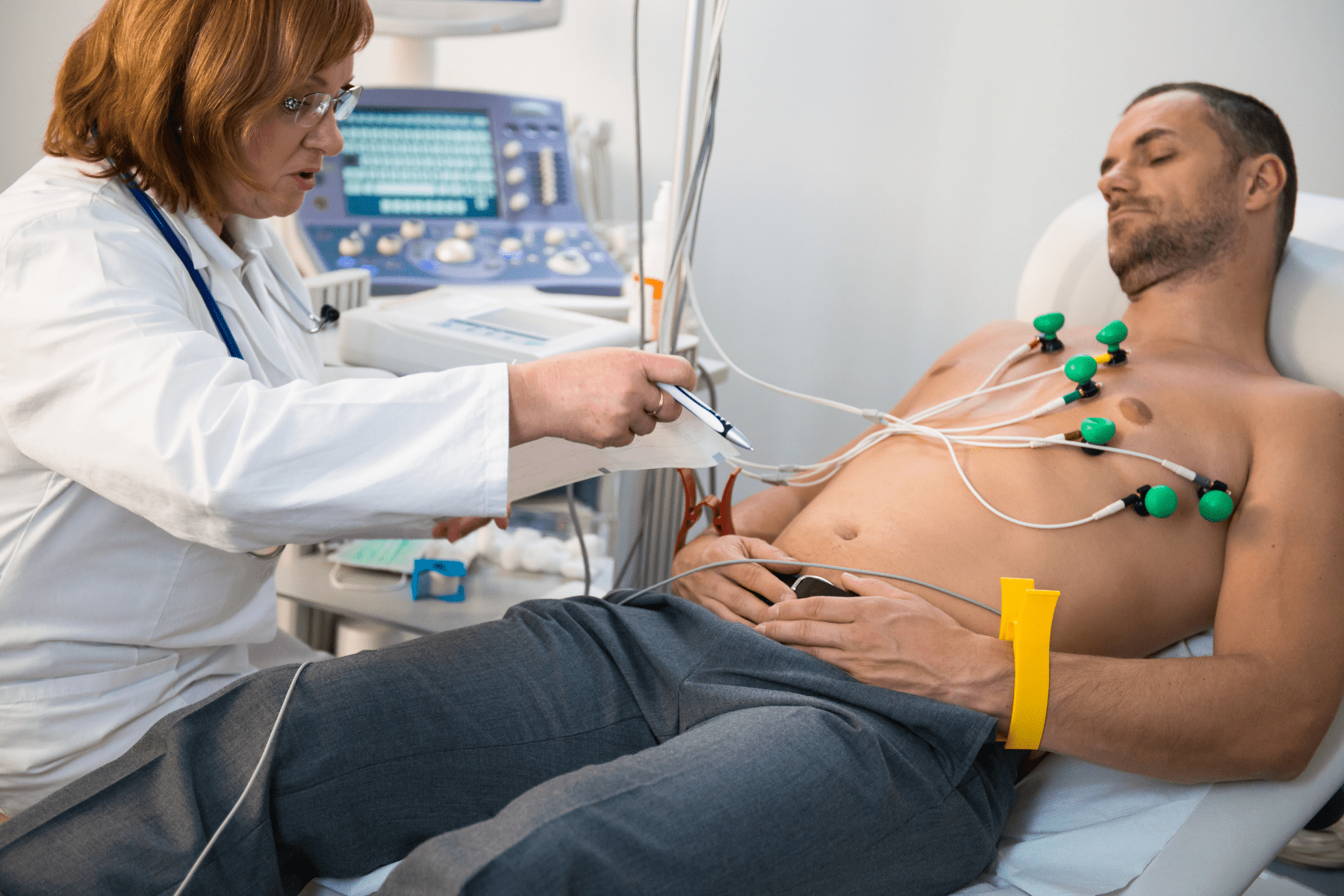
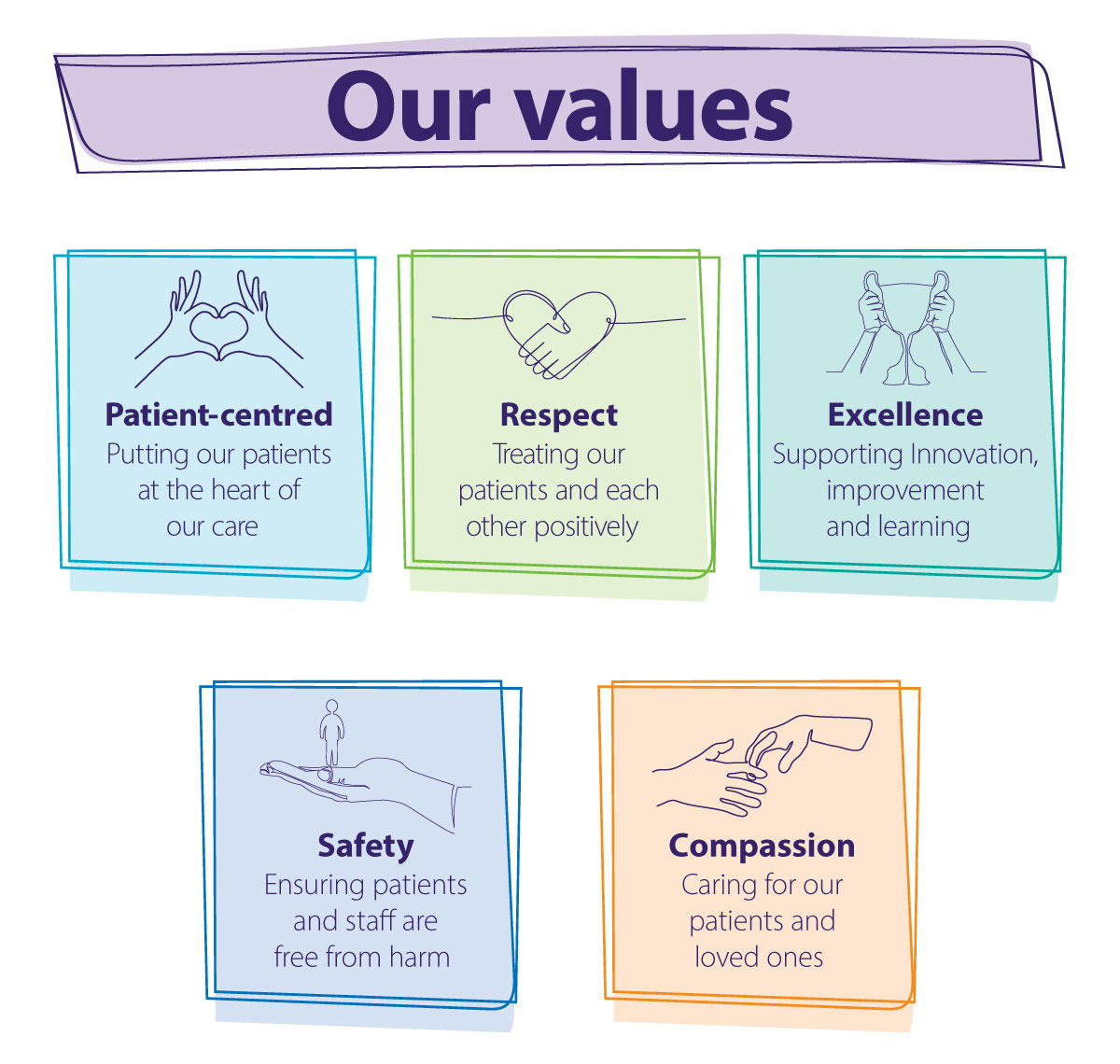
Very well written, with an excellent format and images. You’ve included interesting statistics and related it to personal ideas which…
This is a very well written blog, the format is as if you are talking directly to me. The ideas…
Love the Batman GIF :)
This is an excellent, well written blog. The narrative is engaging and easy to follow. It could be improved by…
This is a well-communicated blog. The it is written well with good use of multimedia. It could be improved with…